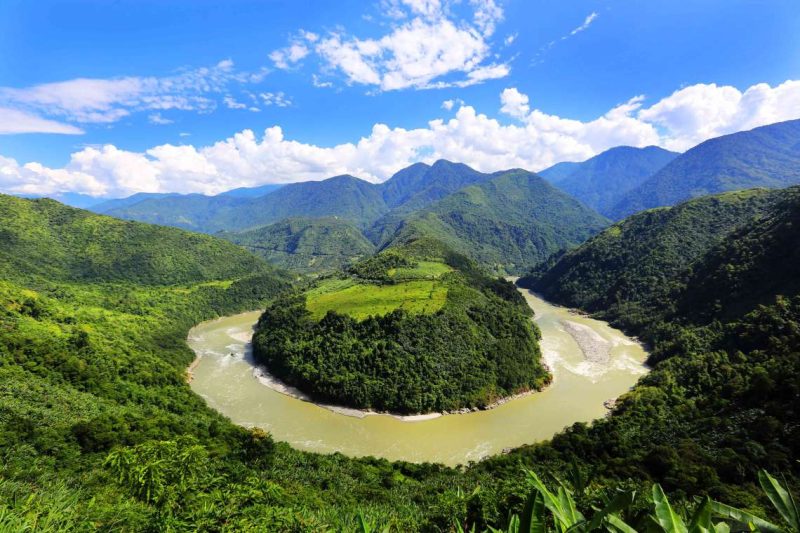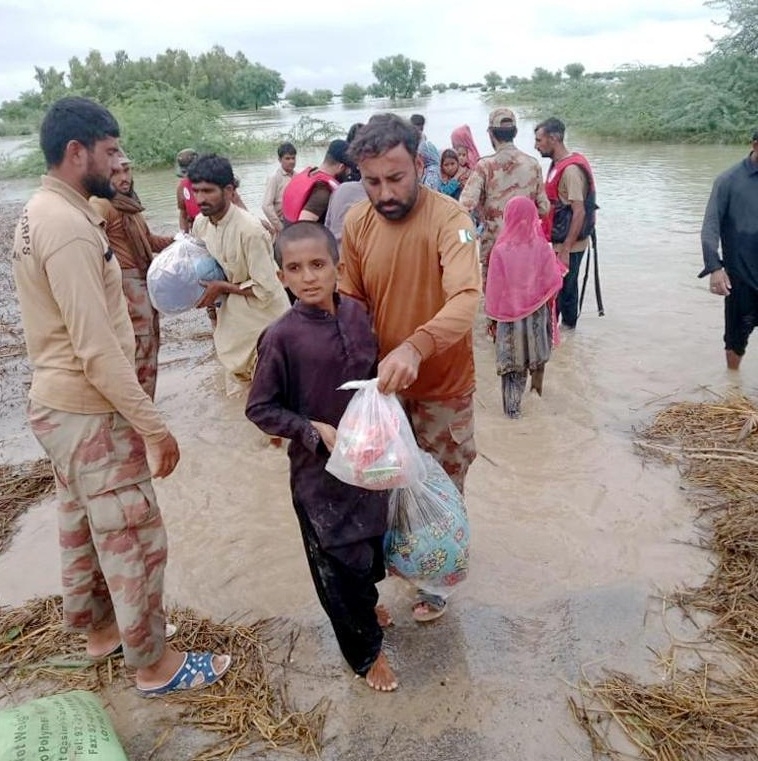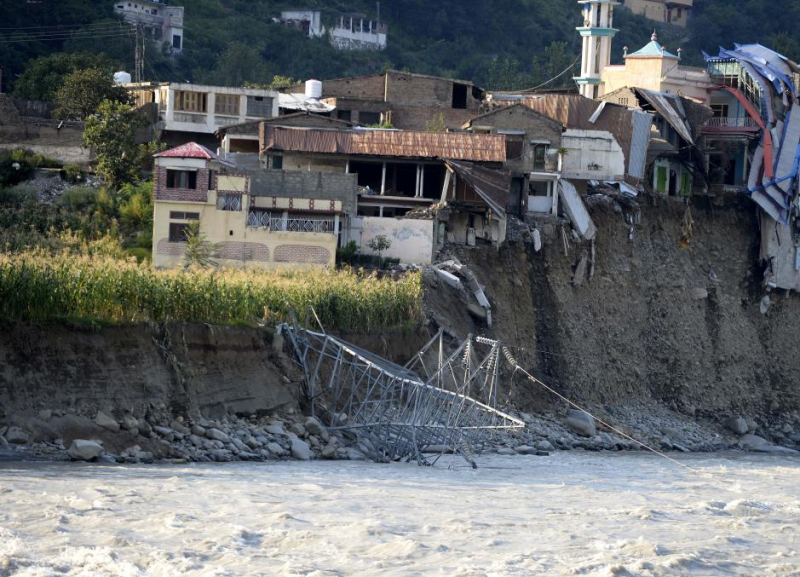Hana Saif Al Suwaidi, Chairperson of EPAA, said, “This unprecedented study reaffirms our commitment to addressing pressing environmental challenges in line with the vision of His Highness Sheikh Dr. Sultan bin Mohammed Al Qasimi, Ruler of Sharjah
In a pioneering scientific achievement aligned with World Environment Day, the Environment and Protected Areas Authority (EPAA) in Sharjah has completed the first research study in the Middle East to monitor the ingestion of marine debris, microplastics, and oil residues by seabirds. This milestone marks a critical step toward understanding the invisible environmental threats affecting marine biodiversity along the UAE’s coasts and the wider region.
The study, conducted as part of the Sharjah Strandings Response Program, was recently published in the Marine Pollution Bulletin. It highlights the urgent need for concerted efforts to protect marine ecosystems from the escalating impact of pollution.
Hana Saif Al Suwaidi, Chairperson of EPAA, said, “This unprecedented study reaffirms our commitment to addressing pressing environmental challenges in line with the vision of His Highness Sheikh Dr. Sultan bin Mohammed Al Qasimi, Ruler of Sharjah. It establishes a robust scientific foundation for evidence-based conservation policies and creates a reliable database for monitoring long-term impacts of marine waste on seabirds, which play a vital role in maintaining coastal ecosystem balance.”
She added that the EPAA plans to continue its research in collaboration with local and international experts, aiming to enhance Sharjah’s role as a regional hub for environmental and biodiversity studies. “Our goal is to reduce marine pollution impacts and raise public awareness about preserving biodiversity in our seas, ensuring sustainability of marine ecosystems across the Middle East,” she said.
Al Suwaidi emphasized that World Environment Day is more than a celebration—it is a global call to review environmental policies and strengthen community-driven green initiatives that protect ecosystems. “Through research and awareness programs, we foster a culture of sustainability rooted in biodiversity protection and balanced development for future generations.”
The study analyzed the digestive systems of 478 stranded marine and coastal birds from 17 species found deceased along the Arabian Gulf and Gulf of Oman shores. Results revealed that 12.8% of birds had ingested marine pollutants: 11.1% contained marine debris, while 1.7% had crude oil and tar balls in their systems.
Plastic polymers were the most frequently ingested materials, especially among black-headed gulls (Chroicocephalus ridibundus), with polyethylene identified as the predominant polymer, followed by glass fragments. Juvenile large white-headed gulls showed higher susceptibility to ingesting waste than adults, highlighting the vulnerability of younger birds to marine pollution.
In a focused analysis of 20 birds, microplastic ingestion was examined in detail. Microfibers comprised 77.8% of all detected microplastics, suggesting wastewater from laundry could be a significant source. The study also identified oil balls and fishing hooks as immediate, severe threats to seabird survival.
The Sharjah Strandings Response Program is a central part of EPAA’s strategic agenda. It integrates scientific surveys, environmental research, marine wildlife rescue, and community outreach. By responding directly to marine wildlife strandings across Sharjah, the program supports ecosystem monitoring, biodiversity conservation, and environmental education and stewardship efforts.
This research not only sheds light on the silent dangers facing marine birds but also reinforces Sharjah’s leadership in marine environmental protection in the region. It calls on governments, communities, and industries to unite in combating marine pollution and safeguarding the natural heritage of coastal ecosystems.









